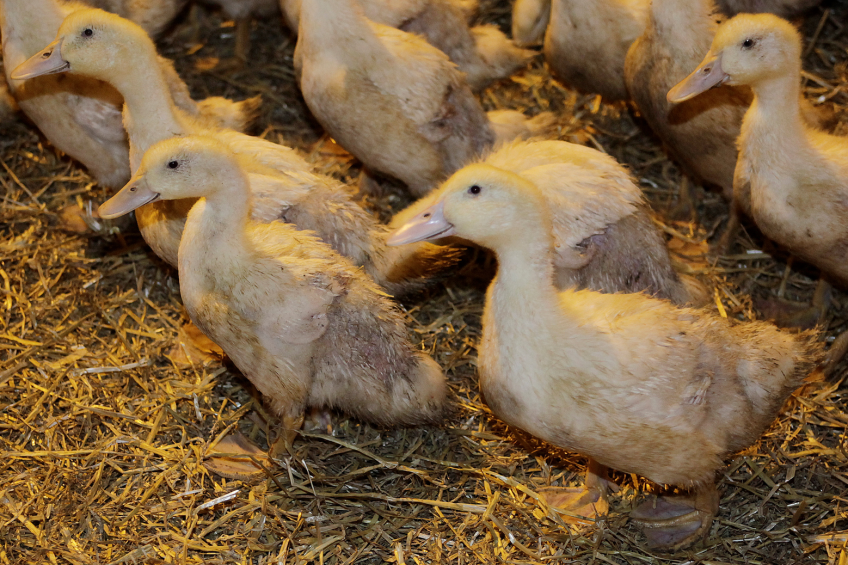British egg producers feel the strain in bird flu zone

British egg producers located in the avian influenza restriction zones in East Yorkshire say they are facing a rapid build-up of eggs and manure on their holdings due to on-going movement restrictions.
Just like in the Netherlands and Germany, an outbreak of the highly pathogenic Avian Influenza (HPAI) strain H5N8 was confirmed this month. The outbreak in the UK was found on a 6,000 duck farm, whereas in the Netherlands a layer farm was infected and in Germany HPAI was found on a turkey facility.
UK agricultural title Farmers Weekly quotes various poultry producers in the immediate surroundings of the village of Nafferton, near Driffield, where the outbreak of HPAI was found. For them, problems mentioned are to get eggs moved as well as flock depletion.
Another problem producers point to is that of the build up of ammonia in the sheds, as temporarily the manure may not be transported.
According to the Poultry Register of the British Department for Environment, Food and Rural Affairs (Defra), there are about 60 poultry keepers in the two restriction zones, though only those with more than 50 birds are required to register their flocks.
Diagnosis
It is still unclear how the virus got into the UK farm. While the official diagnosis H5N8 suggests there is a link between the three, it is still unclear how the disease might have reached the UK and further tests will be conducted to figure this out.
One theory is that it may have been picked up by wild birds and brought to the premises.
This is certainly the view of the EU Commission in Brussels. “The fact that the three recent outbreaks in Germany, the Netherlands and the UK have occurred in proximity of humid areas with wild birds and the absence of any other possible epidemiological link between them point towards wild migratory bird as a possible source of virus,” said a statement.
“A species of wild swans might be carrying the virus without showing signs of disease.”
Another possibility is that equipment movements may have been involved, a view that gets some support from the fact that all three sites affected so far are indoor units.
All 6,000 ducks have been culled. “The cull is to prevent the spread of potential infection, and is being carried out in a safe and humane manner by fully trained Animal and Plant Health Agency staff,” said a statement.
OIE
A government report to the World Organization for Animal Health (OIE) revealed that the birds were 60 weeks old and had been showing signs of slightly raised mortality and a ‘gradual but marked drop in egg production’. “An underlying bacterial/fungal infection is likely to have preceded the infection by avian influenza, contributing to the presentation of clinical signs.” According to the report, mortality reached 5.63%.
Cherry Valley, the company which owns the duck breeding farm, said it had no other units in the 3 km protection zone and the 10 km surveillance zones.
Farmers Weekly said that South Africa and Japan have already banned imports of poultry and poultry products from the UK, Germany and the Netherlands, and others are expected to follow suit.













